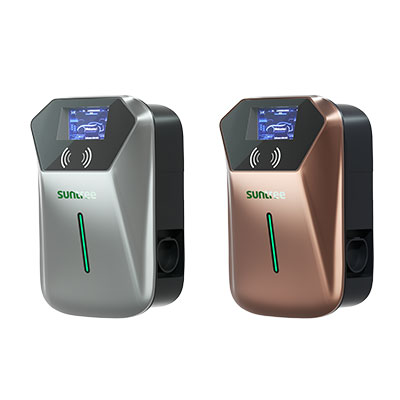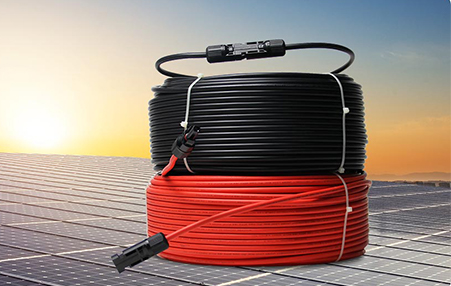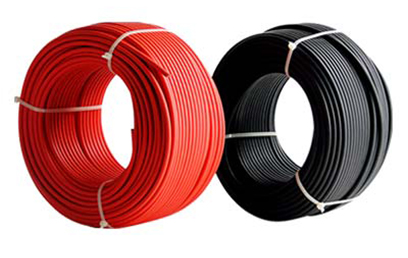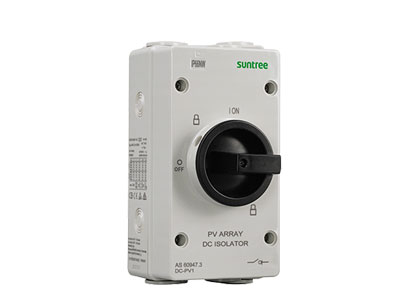Can I Use An Adapter 14-30 To 14-50 EV Charger?
With the increasing adoption of electric vehicles (EVs), many owners are looking for convenient ways to charge their vehicles at home. One of the most common questions EV owners ask is whether they can use an adapter to connect their EV charger to different outlets. Specifically, can an adapter that converts a 14-30 plug to a 14-50 plug be used for an EV charger?
In this article, we’ll explore the key differences between these two outlet types, whether using an adapter is a good idea, and what safety considerations you need to keep in mind when charging your EV.
Understanding the 14-30 and 14-50 Outlets
Before diving into whether an adapter is feasible, let’s first understand what 14-30 and 14-50 outlets are and their specifications.
14-30 Outlet
The 14-30 outlet is a 240-volt receptacle commonly found in older homes and used for appliances such as dryers or ovens. It is a 3-prong outlet that typically supports a maximum current of 30 amps. The 14-30 outlet uses a 10-gauge wire for its installation and is not grounded in the same way as modern 14-50 outlets.
14-50 Outlet
The 14-50 outlet, on the other hand, is also a 240-volt receptacle but is rated for 50 amps of current. This type of outlet is commonly used for high-power appliances, such as electric ranges and EV chargers. The 14-50 outlet has 4 prongs, which include two hot wires, one neutral, and one ground. This grounding is important for the safe operation of devices that draw high amounts of electricity, such as EV chargers.
Can I Use an Adapter 14-30 to 14-50 for an EV Charger?
The short answer is no, you should not use an adapter to connect a 14-30 outlet to a 14-50 plug for an EV charger. Here’s why:
1. Amperage Mismatch
The primary issue with using a 14-30 to 14-50 adapter is the amperage difference. A 14-30 outlet is designed to handle only up to 30 amps of current, while a 14-50 outlet can handle up to 50 amps. Most EV chargers require a 14-50 outlet because they draw a significant amount of current (usually around 30-40 amps) to charge your vehicle at a faster rate. Using an adapter may cause the charger to draw more current than the 14-30 outlet is designed to handle, which could potentially lead to overheating, damage to your wiring, or even a fire hazard.
2. Safety Concerns
Even if the adapter allows the physical connection between the two outlets, the mismatch in amperage and lack of proper grounding could lead to serious safety issues. The 14-50 outlet is designed to provide adequate grounding for high-powered devices, which is essential for safety. If you use a 14-30 outlet with an adapter, you might not get proper grounding, which increases the risk of electric shock or fire.
3. Code Compliance
Electrical codes and standards exist to ensure safety. The National Electrical Code (NEC) and other local building codes are designed to prevent electrical hazards. Using an adapter to connect a 14-30 outlet to a 14-50 plug likely violates these codes because it creates a potential overcurrent condition and bypasses safety features like proper grounding.
Alternatives to Using an Adapter
If you don’t have a 14-50 outlet and want to charge your EV at home, there are better alternatives than using an adapter:
1. Install a 14-50 Outlet
The best solution is to have an electrician install a 14-50 outlet where you need it. This will allow you to safely connect your EV charger without the risk associated with using adapters. Installing a 14-50 outlet typically involves upgrading your home’s electrical panel, which may require a professional electrician to assess your current system’s capacity.
2. Use a Level 1 Charger
If you are unable to install a 14-50 outlet or want a simpler solution, you can use a Level 1 charger, which plugs into a standard 120-volt household outlet. While this method charges your EV much more slowly than a Level 2 charger, it might be sufficient for some people, especially if they don’t drive long distances daily.
3. Install a 14-30 Outlet for Lower-Powered EV Charging
In some cases, it may be possible to use a 14-30 outlet with a Level 2 EV charger designed for 30-amp circuits. While this option will charge your vehicle slower than a 14-50 outlet, it can still be an improvement over a standard 120-volt outlet.
Conclusion
While it might be tempting to use an adapter to convert a 14-30 outlet to a 14-50 plug for your EV charger , it is not recommended for safety and code-compliance reasons. Using such an adapter could lead to overloading the circuit, lack of proper grounding, and ultimately dangerous conditions. The best and safest option is to install a 14-50 outlet for your EV charger or explore other alternatives like using a Level 1 charger or installing a dedicated 14-30 outlet for a slower charging solution.
Always consult with a licensed electrician when making any changes to your home’s electrical system, as they can ensure the installation is done safely and in accordance with local codes. Your EV charger should provide a fast, safe, and reliable source of energy for your vehicle, and proper electrical setup is essential to achieving this.









